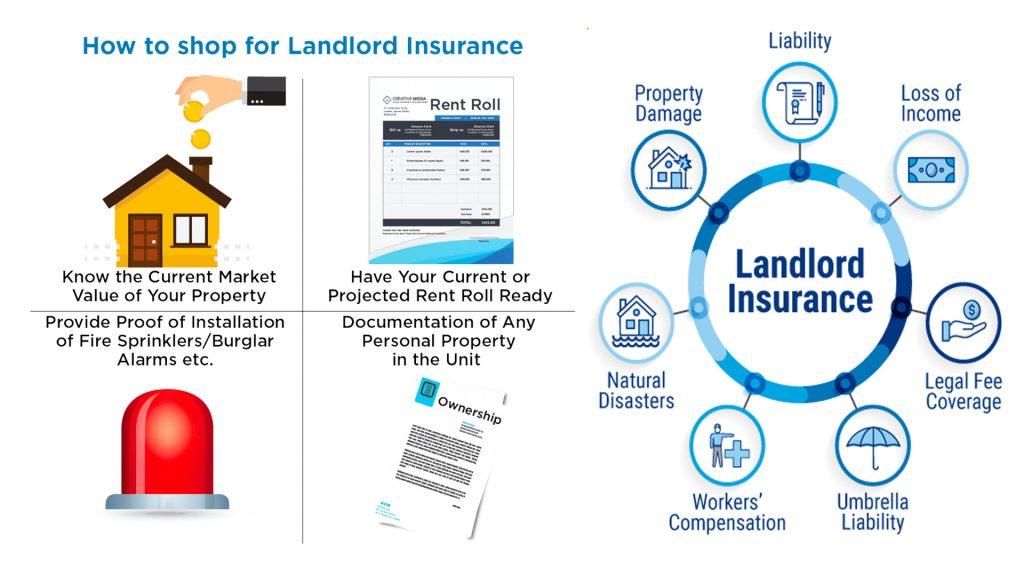Being a landlord comes with its fair share of responsibilities—and sometimes, unexpected legal issues. Whether it’s a dispute with a tenant or a tricky property-related claim, legal fees can quickly add up and become a real headache. That’s where legal expenses coverage in landlord insurance steps in as a helpful safety net. In this article, we’ll break down what this coverage means, why it’s important, and how it can protect you from costly legal battles. Let’s dive in and make sense of legal expenses coverage so you can feel more confident managing your rental property!
Table of Contents
- Understanding What Legal Expenses Coverage Actually Includes
- Common Legal Scenarios Landlords Should Prepare For
- How to Choose the Right Legal Expenses Coverage for Your Property
- Tips for Filing a Legal Claim Without Stress and Delay
- To Wrap It Up
Understanding What Legal Expenses Coverage Actually Includes
Legal expenses coverage in landlord insurance is designed to protect property owners from the often overwhelming costs of legal disputes related to their rental properties. This coverage typically includes assistance with issues such as eviction proceedings, disputes over lease agreements, and challenges involving property damage claims. It can also extend to covering lawyer fees, court costs, and sometimes even mediation expenses, giving landlords peace of mind when legal matters arise.
Specifically, the coverage often includes:
- Eviction costs: Legal fees and court expenses when initiating or defending eviction cases.
- Property damage disputes: Assistance with claims related to tenant-caused damages and recovering repair costs.
- Lease agreement conflicts: Legal help in resolving disagreements over lease terms or violations.
- Contract reviews: Professional evaluation of rental agreements and related documents to avoid potential legal pitfalls.
Understanding these components can help landlords make informed decisions to safeguard their investments against legal challenges.
Common Legal Scenarios Landlords Should Prepare For
Owning rental property comes with its fair share of challenges, and some legal issues crop up more frequently than others. For instance, disputes over security deposit returns can escalate if tenants and landlords don’t agree on damages or cleaning fees. Additionally, conflicts related to lease violations, such as unauthorized pets or subletting, often require clear documentation and, sometimes, legal intervention. It’s also common for landlords to face situations involving eviction notices or tenant non-payment, which must be handled carefully to comply with local laws and avoid costly delays. Having coverage for these types of scenarios can save you significant worry and expense.
Beyond typical disputes, there are less obvious legal hurdles, like claims arising from property damage caused by tenants or third-party injuries on your rental premises. Landlord insurance with solid legal expenses coverage ensures you’re not footing the bill alone when you need to hire a lawyer or settle court fees. Moreover, even issues involving noisy neighbors or violations of local housing codes can require legal advice. Preparing for these possibilities isn’t just about protecting your finances—it’s about giving yourself peace of mind in your role as a landlord.
How to Choose the Right Legal Expenses Coverage for Your Property
When selecting the optimal legal expenses coverage, it’s essential to assess the specific risks associated with your property. Consider factors such as the location, tenant profile, and the potential for disputes—these elements shape the type of legal assistance you might require. Look beyond just the price and make sure the policy offers protection against a wide range of legal issues, including eviction proceedings, property damage claims, and disputes over lease terms. Flexible coverage options that allow you to tailor the policy to your unique needs can save you money and stress in the long run.
Additionally, examine the policy’s coverage limits and exclusions carefully. It’s advisable to choose plans with clear terms for case management, lawyer appointment rights, and coverage for both short-term and prolonged legal battles. Some policies may also provide additional benefits like free legal advice or mediation services, which can be invaluable in resolving conflicts without going to court. To make the best choice, review multiple insurers’ packages, read customer reviews, and don’t hesitate to ask questions about what’s covered and what isn’t.
Tips for Filing a Legal Claim Without Stress and Delay
When navigating the intricacies of legal claims under landlord insurance, preparation is your best ally. Start by gathering all relevant documents, such as your insurance policy, correspondence, and any evidence supporting your claim. Keep a detailed log of events to maintain a clear timeline, which can be invaluable for both you and your insurer. Remember, clear and timely communication with your insurance provider can prevent unnecessary misunderstandings or delays. Make sure to clarify what legal expenses are covered so you can avoid surprises later on.
To keep the process smooth and manageable, consider these simple yet effective strategies:
- Stay organized: Use folders (physical or digital) to keep all claim-related documents in one place.
- Meet deadlines: Respond promptly to any requests from your insurer or legal advisors.
- Ask questions: Don’t hesitate to clarify any confusing terms or procedures with your insurance agent.
- Seek professional advice: When in doubt, consulting a legal professional familiar with landlord insurance claims can save you time and stress.
To Wrap It Up
Navigating the ins and outs of legal expenses coverage in landlord insurance might seem daunting at first, but it’s a crucial part of protecting your rental investment. By understanding what this coverage entails and how it can safeguard you against unexpected legal costs, you’re better equipped to face any disputes or claims with confidence. Remember, being proactive and choosing the right coverage can save you time, stress, and money down the road. So, take the time to review your policy, ask questions, and make sure your landlord insurance truly works for you. Happy renting—and here’s to peace of mind knowing you’ve got legal protection on your side!





